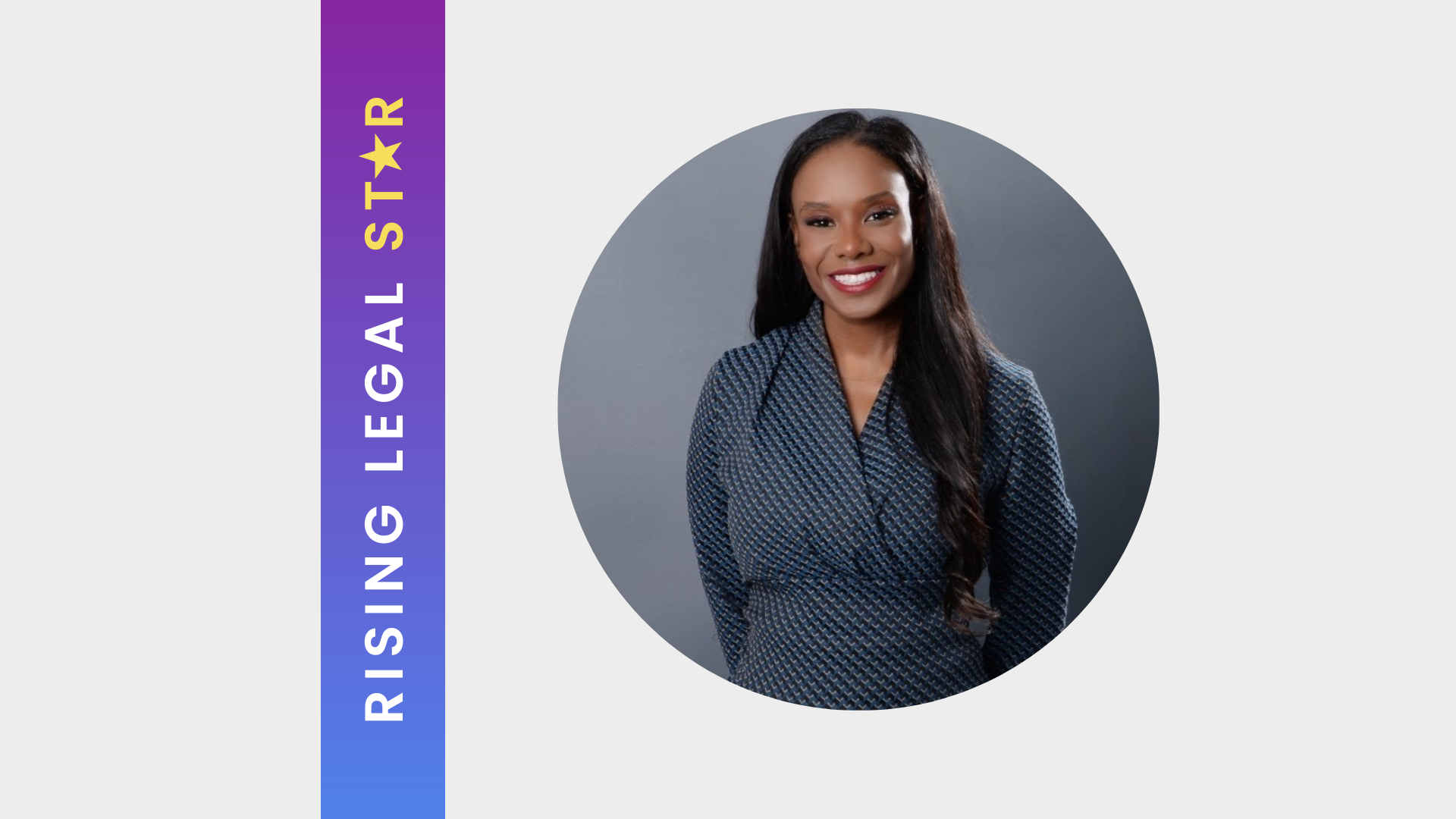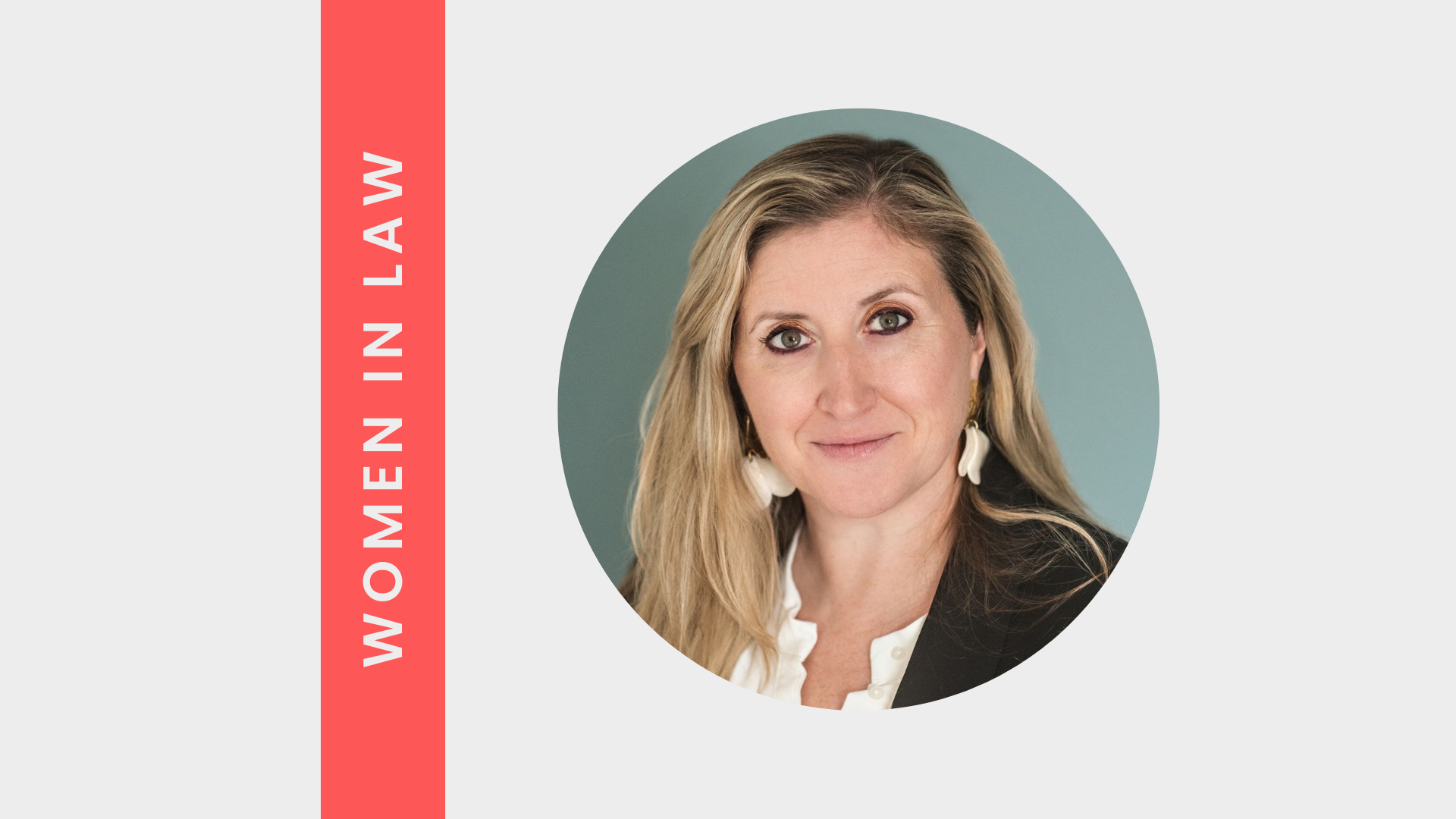From Inclusion to Belonging
Two years ago, I wrote a piece on the journey from Diversity to Inclusion with a list of actions that can help move the dial forward, as individuals and organisations. Since then, Diversity & Inclusion (or DEIB) have moved on a little, but the earlier Tech mass layoffs may suggest otherwise. Some might have seen D&I as a one-and-done that you can easily embed and walk away with pride, which sadly isn’t the case. In today’s ever-changing world, D&I will likely remain an ongoing journey, where we go from Diversity to Inclusion and Inclusion to Belonging.
When it comes to inclusion, simply making the effort to include someone doesn’t quite cut it, instead, it’s about making people feel that they’re being included. Failing to identify the difference will likely lead to the eventual demise of the journey to inclusion, even if intentions were good. It’s important to keep in mind that everybody’s different (this is where the diversity part comes in), and not everyone wants to be included in the same way. While giving voice to the voiceless is usually a good way to empower minorities, pushing them onto the pedestal might not be the way to go.
Ultimately, it’s about showing that you care, not because everyone else is doing it and you feel compelled to follow, but that you genuinely concern about the subject and want to do something about it. Have an open mind and be willing to have those conversations. Be there, show up, and lend your voice.
While some would distinguish inclusion as the effort a company/group makes and belonging as how the individual feels from those efforts, I’m inclined to look at this in a slightly different way, particularly around the nuances of the two words.
Include (v): to make part of whole or set
Belong (v): to feel happy or comfortable in a situation
Just like how you can have diversity without inclusion, it’s also possible for someone to feel included but not belong. To better illustrate this, imagine a large group setting where everyone else shares similar traits different from yours (this can be a combination of race, gender, age, etc.), despite how accommodating the group might be, it’s likely the sense of belonging won’t come easy. We often hear people talk about imposter syndrome, which also partly attributes to a low sense of belonging or self-assurance because they can’t see people like them in senior ranks or positions of success.
At this point, you might’ve already caught on, that the lack of belonging is oftentimes a result of the lack of diversity, regardless of whether inclusion measures are in place. That being said, it’s also important to keep in mind that there can be a plethora of other reasons one might fail to foster belonging, aside from purely looking at their diversity.
Taking Disney as an example, their popularity among the queer community (myself included) can be seen in both official and unofficial pride events across parks worldwide. However, there’s barely any queer representation in their productions, except maybe a few queer-coded characters that are often villains or sidekicks. While do see a gradual shift in recent years (yes I’m talking about Strange World), the lack of visible representation never really posed a hurdle in their belonging journey. Instead, through story-telling and world sculpting, they created worlds where people can feel that they belong, where they can momentarily forget about everyday struggles, and just be who they are and have a good time. This goes to show that diversity isn’t always a prerequisite to belonging, although having a diverse representation will make the journey a lot easier.
Another critical element to belonging is the notion of “enabling”. People need a place where they are enabled to perform their best, where they can feel empowered and are free to be themselves. Therefore, it’s important to try and be an “enabler” where you provide others with the space and tools necessary for them to thrive. Again, this is different from one individual to the next, so take the time to understand what works best for each, find good common ground, and adjust accordingly. Compromises will have to be made, but what matters most is to show that you care, are willing to listen and are trying your best to accommodate wherever possible.
Trying to make waves in the sea of Diversity & Inclusion is never easy, especially within a constantly changing landscape. However, with the right intentions, an open mind, a willingness to learn, and the desire to make a difference, you’ll see yourself making progress on the D&I journey in no time.
Do you have any tips on how we can better move from Diversity to Inclusion and Inclusion to Belonging? I’d love to hear them!
Our latest insights







